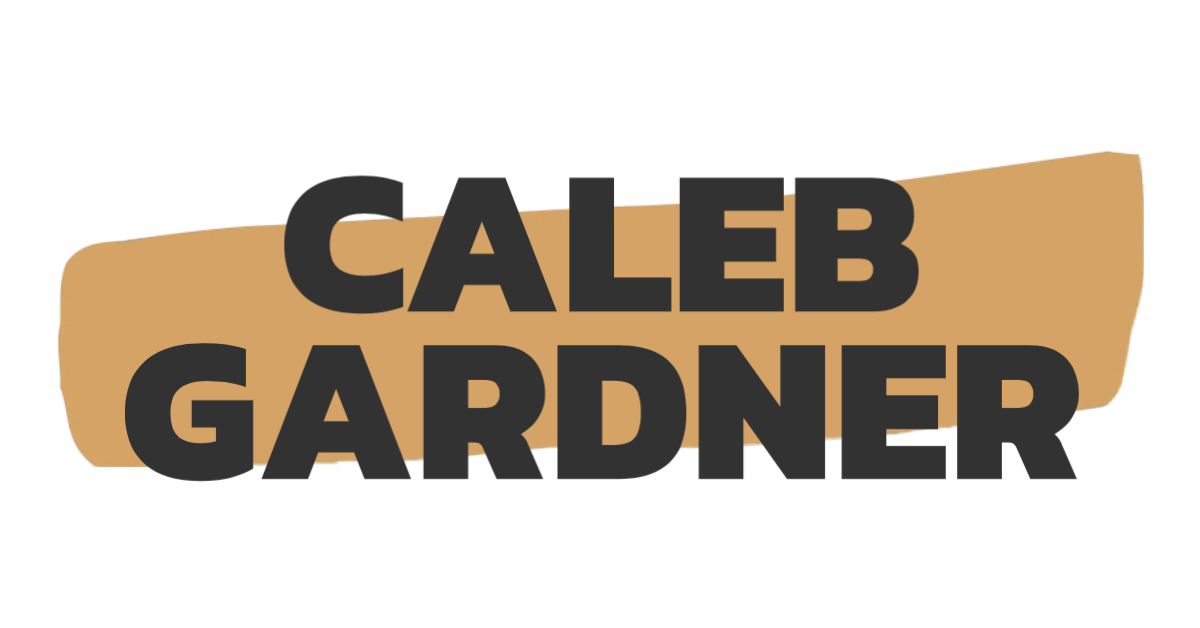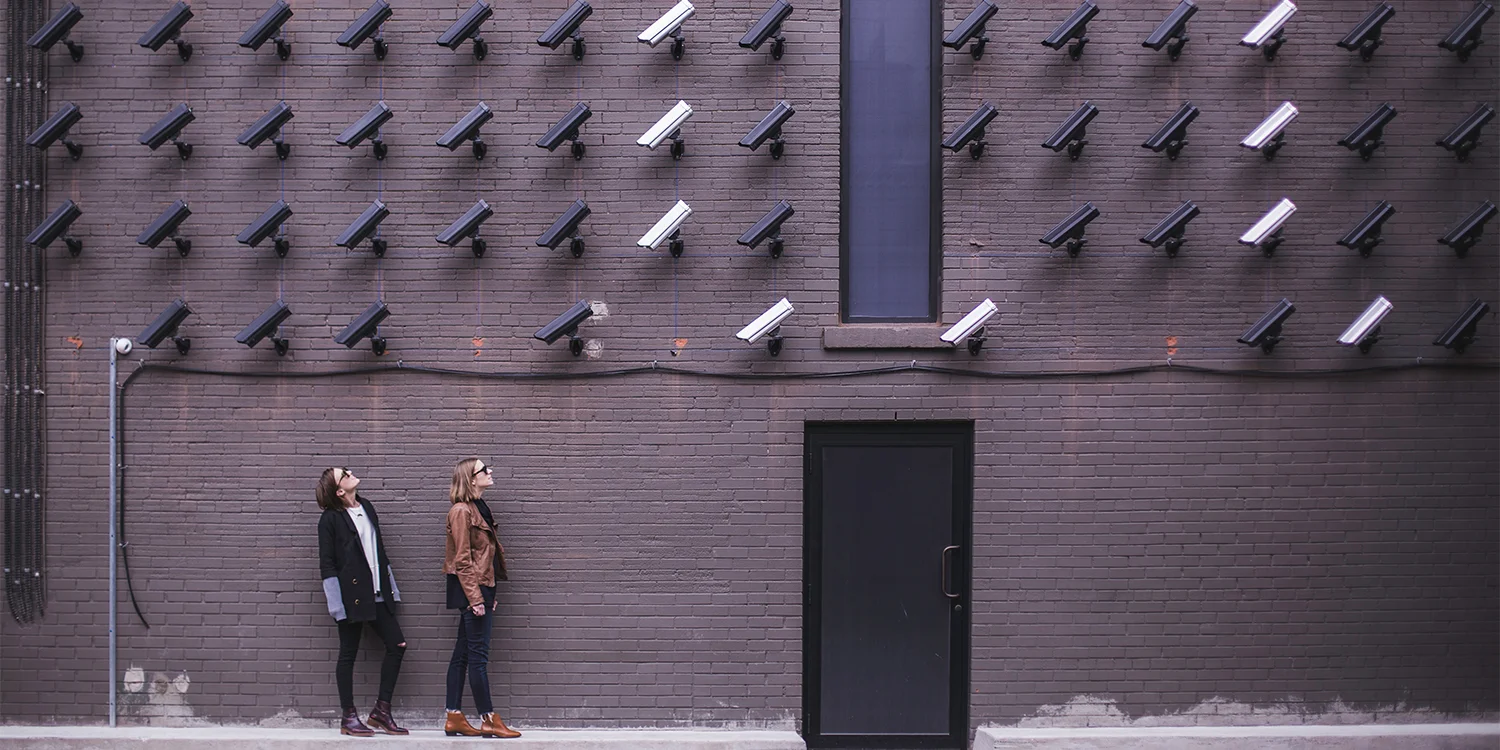We aren’t prepared for the kinds of multi-layered transformations we’re going through right now.
Let’s start with us personally. We’re being asked to change on multiple levels: to switch up our personal behavior in response to a pandemic (wear masks, avoid activities we normally enjoy), while reconciling the negative roles we may have played in a perpetuating racism. (And that’s only in the last couple of months.) Our social context is collapsing in on itself, as we ingest and respond to massive amounts of data in practically real time.
As many have written, our brains simply aren’t wired for this.
Read MoreKnow your business history: this podcast episode from The Daily gives a nice run down of the transition from managerialism to shareholder primacy to where we are now, a moment when both the biggest investors and most influential CEOs are saying that employees, customers, and society should matter at least as much as shareholders.
Read MoreGood overview in TechCrunch yesterday of the many, many ways in which algorithms and other forms of artificial intelligence are already affecting our ability to existing in public. An A.I.-driven future isn’t coming—it’s already here.
Read MoreIf you haven’t yet read Derek Thompson’s excellent essay in The Atlantic about “The Religion of Workism,” I highly recommend it. Thompson’s thesis—that in American society we’ve replaced religion with “workism” as a way to find meaning—strikes at the very heart of many occupational ambitions. (Including, if I’m honest, my own.)
“For today’s workists,” Thompson says, “anything short of finding one’s vocational soul mate means a wasted life.”
Read MoreIf burnout is our chronic condition as modern workers, where does it come from, and what is the solution?
Funny enough, studies show burnout doesn’t necessarily come from hard work. It often comes from boredom and monotony.
Read MoreA few weeks ago I re-read an article by the management thinker Peter Drucker from 2001 called “Will the corporation survive?” In it, he talks about his assumptions about the next phase of business. Since the 1970s, the economy had shifted to depend on “knowledge workers” — workers who make meaning out of information — and Drucker saw this shift putting power back into the hands of workers.
Read More




